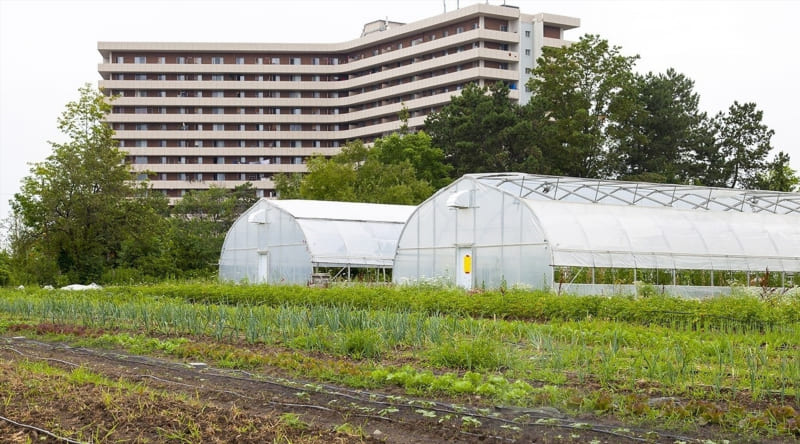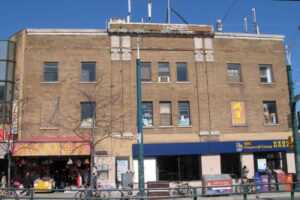Toronto, the bustling metropolis known for its towering skyscrapers and busy streets, is taking a bold step towards urban agriculture. This fascinating initiative offers a fresh perspective on how cities can promote sustainability while ensuring their residents have access to fresh and locally sourced produce.
The Rise of Urban Farming

Urban farming isn’t a new concept. From the victory gardens of World War II to the rooftop gardens in New York City, people have found innovative ways to grow food in urban settings. Yet, in Toronto, it’s more than just a trend; it’s a movement that’s redefining the essence of urban living.
How It All Started
It’s funny to think that the spark for Toronto’s agriculture venture was a simple conversation between two friends at a local café. They bemoaned the lack of fresh produce in the city and, fueled by caffeine and passion, sketched out a vision on a napkin. That tiny idea has since snowballed into a full-blown initiative, backed by local government and enthusiasts alike.
Benefits of Bringing Farms to the City
- Improved Access to Fresh Produce: With farms sprouting up in vacant lots and rooftops, residents no longer need to rely solely on imported goods.
- Environmental Impact: Urban farms help in reducing the carbon footprint as produce doesn’t need to be transported over long distances.
- Educational Opportunities: City dwellers, especially the younger generation, can learn about agriculture and sustainability firsthand.
Challenges and Triumphs
Nothing good comes easy, right? While the urban farming movement has had its fair share of supporters, it hasn’t been without challenges. Navigating zoning laws, acquiring suitable land, and adapting farming techniques to city conditions have tested the resilience of the most fervent advocates.
Breaking Through the Concrete Jungle
Fertile land is hard to come by in a city dominated by concrete and steel. However, innovative solutions like hydroponics and vertical farming have come to the rescue. These methods, which don’t rely on traditional soil-based farming, are proving to be game-changers.
Collaborative Effort
Local businesses, schools, and community groups have joined hands to support the initiative. From sponsoring plots to organizing workshops, it’s heartening to see the community come together for a common cause.
Toronto’s Green Heroes
Behind every successful venture are the tireless individuals who dream big and work hard. Toronto’s urban farming initiative is backed by a team of dedicated visionaries.
- Amy Patterson: Often dubbed the ‘Green Queen’, Amy’s expertise in sustainable agriculture has been invaluable.
- Raj Singh: A tech whiz, Raj has developed apps connecting urban farmers with potential buyers.
- Lucia Fernandez: An educator at heart, Lucia conducts workshops for schools and communities, spreading the word about the benefits of urban farming.
A Glimpse into the Future
So, where’s Toronto headed with this exciting venture? If the current trajectory is any indication, the future looks promising.
Cultivating a Culture of Sustainability
Beyond just producing food, the goal is to nurture a mindset of sustainability among city residents. It’s not just about what’s grown, but how it’s grown, consumed, and even wasted. With sustainability at its core, Toronto aims to set a benchmark for cities worldwide.
Expanding the Network
The dream is to see every vacant plot, every rooftop, and perhaps even balconies turned into lush green patches. Plans are also afoot to integrate urban farms with local schools and colleges, giving students a hands-on learning experience.
So, Ready to Join the Movement?
Toronto’s leap into urban farming proves that cities don’t have to be food deserts. With a little imagination, determination, and community support, they can be verdant oases offering fresh produce to their residents. As the saying goes, “Where there’s a will, there’s a way!” So, are you ready to roll up your sleeves and plant a seed for a greener future?
Sources: Wikipedia, Toronto City Agriculture Reports, Urban Farming Institute







